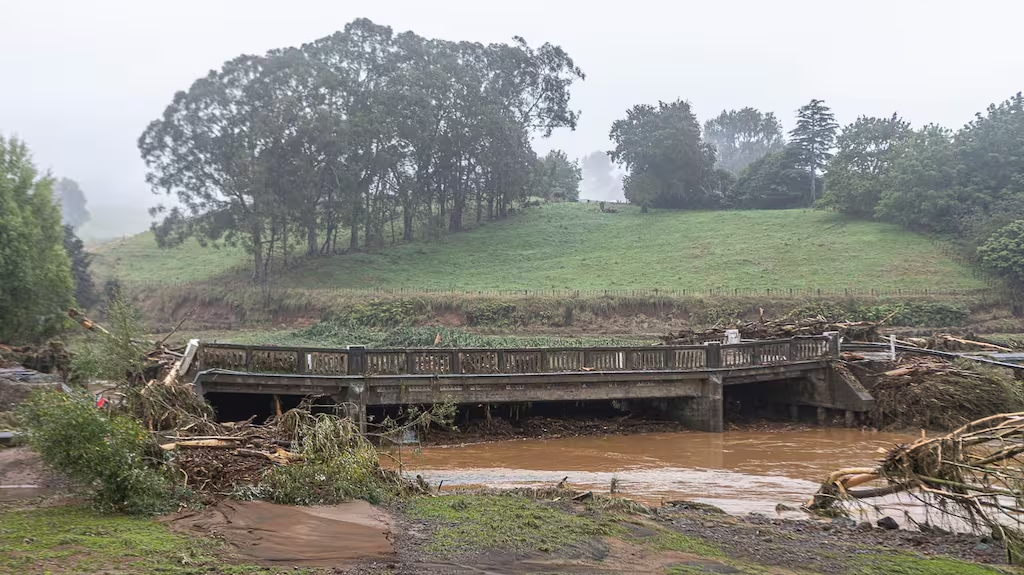After being charged during a period when Ponzi schemes plunged the Tongan community into financial turmoil, Tilila Siola’a Walker has resurfaced online promoting another money-making scheme.

The 63-year-old who was charged in 2023 with wire fraud, mail fraud, securities fraud and the sale of unregistered securities, has begun circulating promotional material for the so‑called “BG Wealth Sharing” programme.
Walker’s U.S. case remains before the courts, with no public record indicating a conviction to date.
Regulators Raise Alarm
In a recent joint statement, financial regulators in Tonga and New Zealand formally labelled BG Wealth/DSJ EX as a scam.
The authorities said the operation — currently promoted under the names BG Wealth and DSJ EX — is connected to a wider Ponzi‑style network known as TXEX, which relies on multi‑level marketing‑type recruitment tactics.
The regulators noted that the Financial Markets Authority has now identified 813 websites and 30 associated entities connected to the scheme, many of which were found to be duplicates used to attract new investors.
March Launch Announced
In a Facebook post last week, Walker told her followers that beginning in March 2026, her Facebook group “Global” would provide guidance on how to use the BG Wealth Sharing scheme, saying the platform would teach members how to participate.
In a separate post, Walker claimed the number of people expected to join her in the new scheme would be far greater than those involved in Stockton in the last five years, referring to her former Stockton office, where she previously recruited about 1,000 people who prosecutors say became victims of her Tongi Tupe operation.
Walker posted step‑by‑step instructions on how to join the scheme and urged her followers to sign up, describing it as an opportunity for quick financial returns.
Her posts have raised fresh concerns among community members, given the serious charges she continues to face overseas and the growing number of online scams targeting Pacific communities.
Tongi Tupe Promises
According to information filed in a U.S. federal court, prosecutors allege that between January and October 2021, Tilila Siola’a Walker—also known as Walker Sumchai—ran an investment scheme from an office in Stockton, California, targeting members of the Tongan community in the United States, Australia and New Zealand.
Authorities say she told potential investors that she had access to a special algorithm capable of generating fast, substantial profits. Investors were reportedly encouraged to put money into what she called the “Tongi Tupe” investment programme, with promises that their principal would be returned along with thousands of dollars in profit within a short period.
Prosecutors also allege that Walker claimed that a US$30,000 contribution would qualify an investor for a house in Lodi valued at about US$480,000 within just a few months. Instead of investing the funds as promised, investigators say she used the money for personal spending, including gambling, and used some of the incoming funds to pay earlier investors in an apparent attempt to keep the scheme afloat.
Court documents state that more than 1,000 people handed over a total of more than US$13 million as part of the alleged operation.
Federal Warnings Issued
Authorities in the United States have also issued multiple warnings about the BG Wealth Sharing scheme, with complaints and investigations reported across several states.
Regulators in California have linked the operation to the Rancho Cordova area, while Washington State’s Department of Financial Institutions has received complaints about scammers impersonating legitimate financial firms.
The FBI has opened related cryptocurrency‑fraud investigations in Arizona and Idaho and has taken federal action to seize funds tied to these schemes.
The scam typically operates through WhatsApp, Telegram and Viber groups, using forged U.S. incorporation documents and fake SEC credentials to pose as investment mentors.
Investigators describe it as a Ponzi‑style “pig‑butchering” operation that initially allows small withdrawals before blocking investor accounts and demanding extra payments.
Regulators continue to urge the public to exercise extreme caution, warning that schemes such as BG Wealth Sharing often rebrand and resurface through familiar figures despite repeated enforcement actions.






